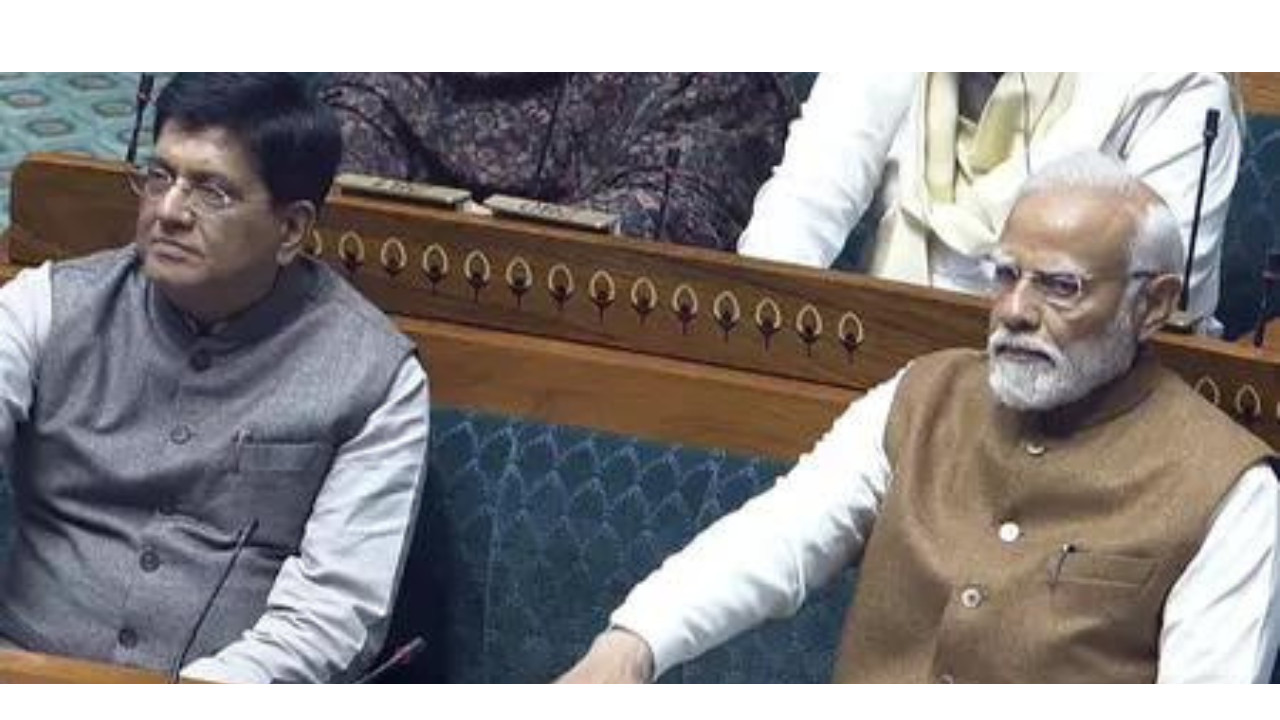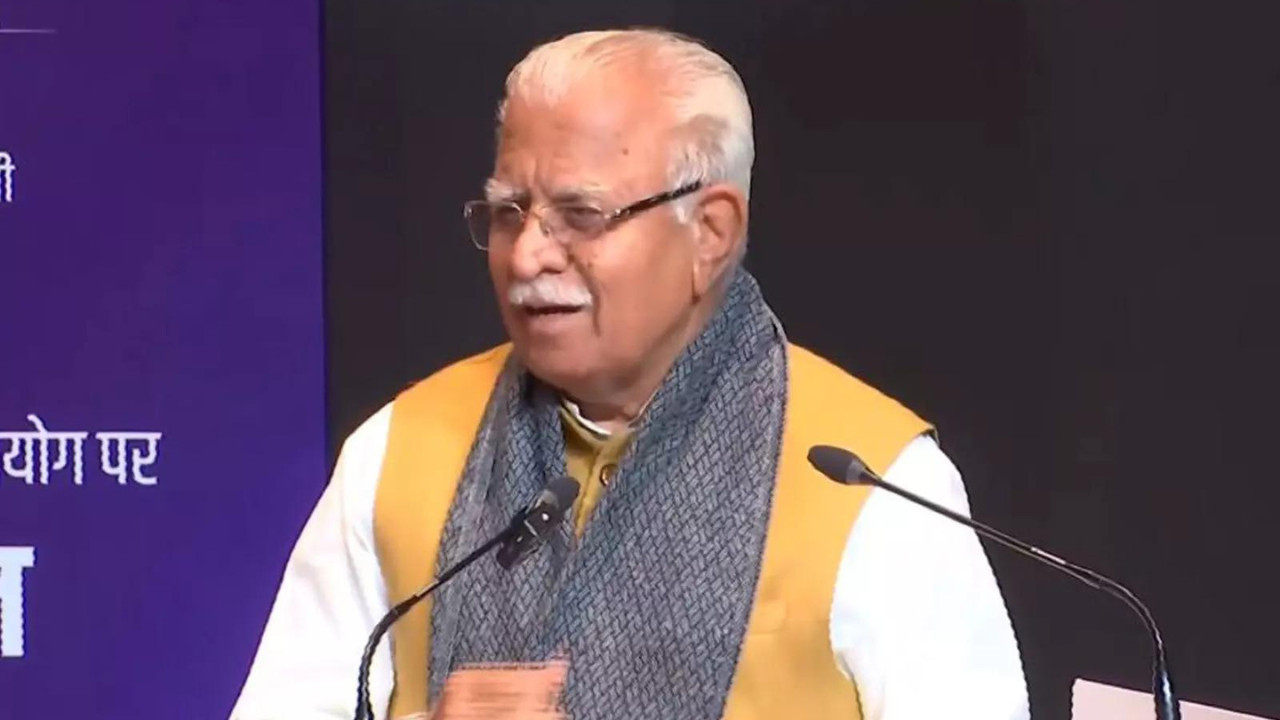India and the UK have finalized a long-awaited free trade agreement, set to be signed in London on July 24 during Prime Minister Modi’s visit. The agreement aims to boost bilateral trade to $120 billion by 2030, eliminating taxes on key exports like leather and apparel, while making UK imports such as whisky and cars more affordable.
A New Chapter for India-UK Trade: Poised for Exponential Growth
The wheels of commerce are turning faster than ever as India and the United Kingdom gear up to sign a landmark Free Trade Agreement (FTA), potentially during Prime Minister Modi’s upcoming visit to London. The Indian cabinet has already given its stamp of approval, paving the way for a deal that promises to reshape the economic landscape for both nations. Forget incremental growth; the aim is to double current trade figures to a staggering $120 billion. This isn’t just about tweaking tariffs; it’s about forging a deeper, more dynamic economic partnership.
For businesses on both sides, this agreement is less a gentle breeze and more a gale-force wind of opportunity. Key sectors are set to benefit enormously. Think enhanced access to each other’s markets, reduced trade barriers, and streamlined regulatory processes. It’s like widening a narrow, winding road into a multi-lane highway, ready to handle significantly increased traffic.
What’s on the Table? Key Sectors Set to Thrive
The FTA is expected to provide a significant boost to various sectors, and it is anticipated to reshape trade dynamics between the two countries. Specific details of the agreement remain closely guarded until the official signing, but there are clues about the broad strokes of the deal.
* Manufacturing: Indian manufacturers are anticipating a surge in exports to the UK, especially in sectors like textiles, leather goods, and engineering products. Expect easier access and reduced costs, making Indian goods more competitive in the UK market.
* Services: The UK’s robust services sector stands to gain from enhanced access to the burgeoning Indian market. Areas like financial services, technology, and professional services are primed for growth. Imagine British firms expanding their footprint in India, offering specialized expertise and creating new opportunities.
* Agriculture: While agricultural trade can often be a sticking point in trade deals, both countries are looking to identify areas of mutual benefit. This could involve increased exports of certain Indian agricultural products to the UK, while also ensuring fair competition for domestic producers.
* Technology: Collaboration in cutting-edge technologies is a major focus. Expect increased partnerships in areas like artificial intelligence, renewable energy, and digital technologies. This could involve joint research projects, technology transfer agreements, and increased investment in these sectors.

More Than Just Numbers: The Strategic Significance
The India-UK FTA is about more than just boosting trade figures; it’s a strategic move that strengthens the ties between two major global economies. In a world facing increasing geopolitical uncertainty, this agreement sends a clear signal of cooperation and mutual support. It reinforces the commitment of both nations to free and fair trade, and to working together to address global challenges.
From India’s perspective, the FTA provides a crucial gateway to the UK market, opening doors for its businesses to expand and thrive. It also strengthens India’s position as a major player in the global economy. For the UK, the agreement represents an opportunity to deepen its economic ties with one of the world’s fastest-growing economies, providing access to a vast and dynamic market.
Navigating the Future: Challenges and Opportunities
Of course, no trade agreement is without its challenges. Businesses on both sides will need to adapt to the new rules and regulations, and ensure they are prepared to compete effectively in the expanded market. There may also be concerns about the potential impact on certain domestic industries, requiring careful management and support.
However, the opportunities far outweigh the challenges. The FTA has the potential to unlock significant economic growth, create new jobs, and foster innovation in both countries. It also provides a platform for increased collaboration on a wide range of issues, from climate change to healthcare. It builds on existing relationships, for example, the India-UK Financial Partnership.
A Bold Step Forward
This India UK Trade agreement isn’t just a dry document filled with legal jargon; it’s a testament to the enduring partnership between India and the UK. It represents a bold step forward in their economic relationship, paving the way for a future of shared prosperity and mutual benefit. The signing of this agreement marks not an end, but a beginning – a launchpad for a new era of trade and collaboration between two nations with deep historical ties and a shared vision for the future. This promises to be a win-win, a partnership set to deliver significant economic gains and foster deeper ties for generations to come.







